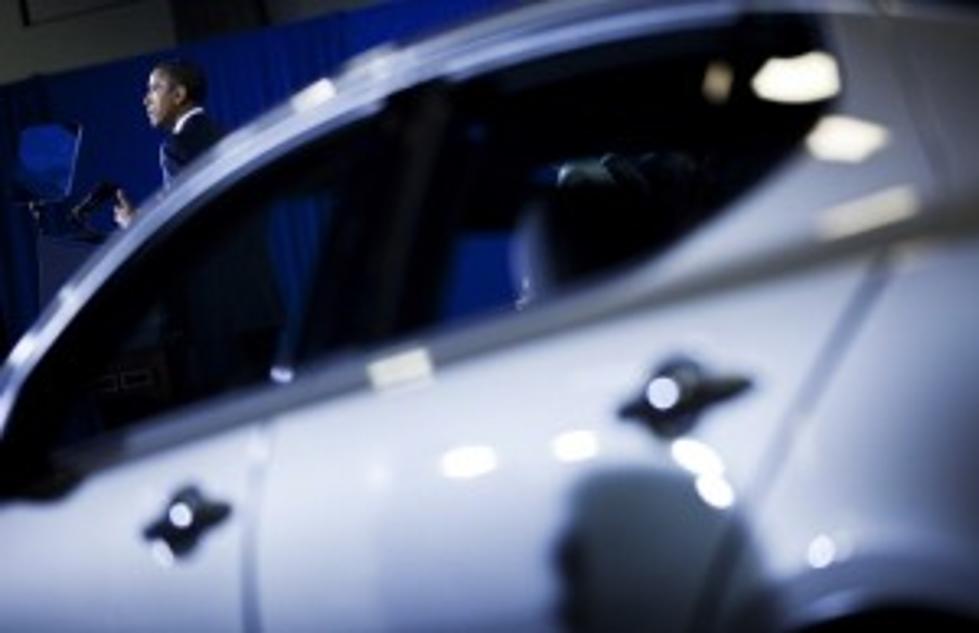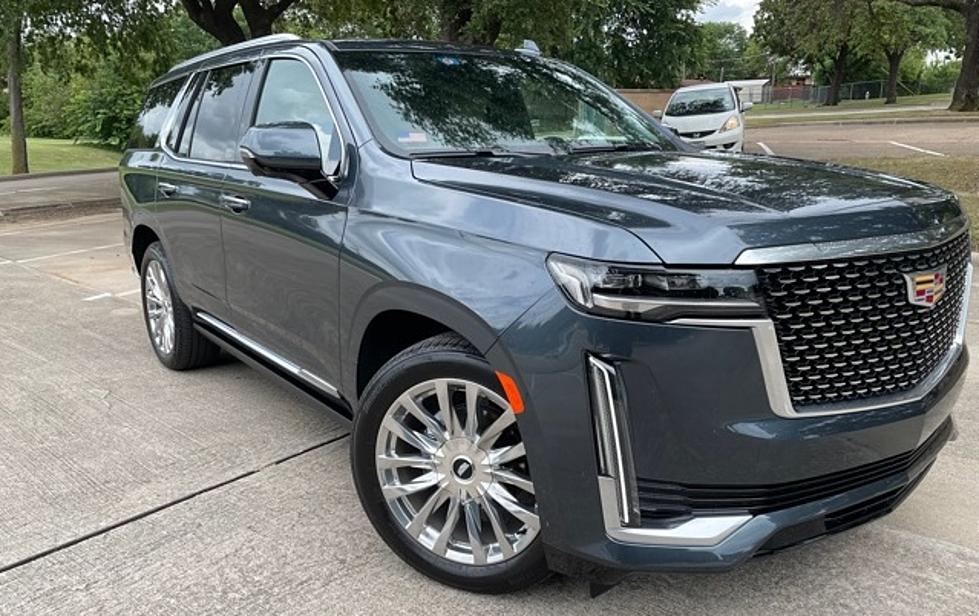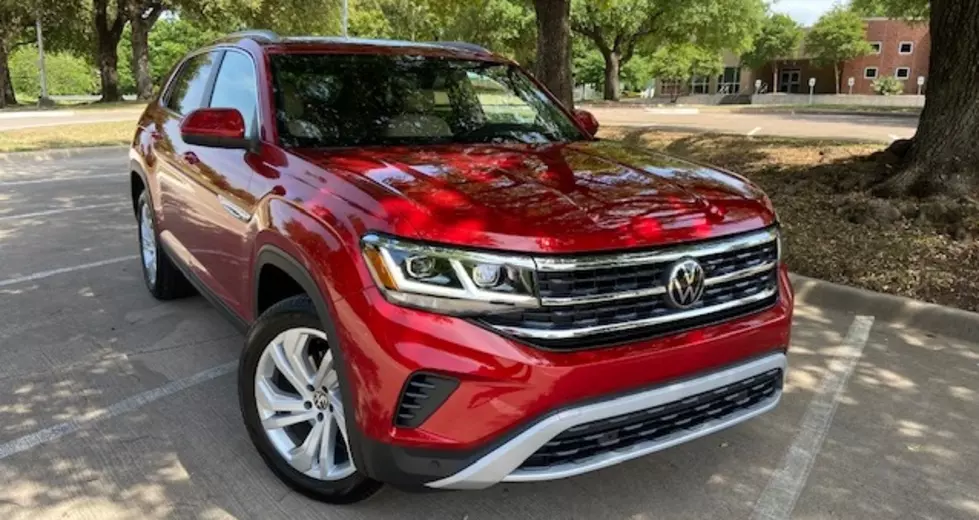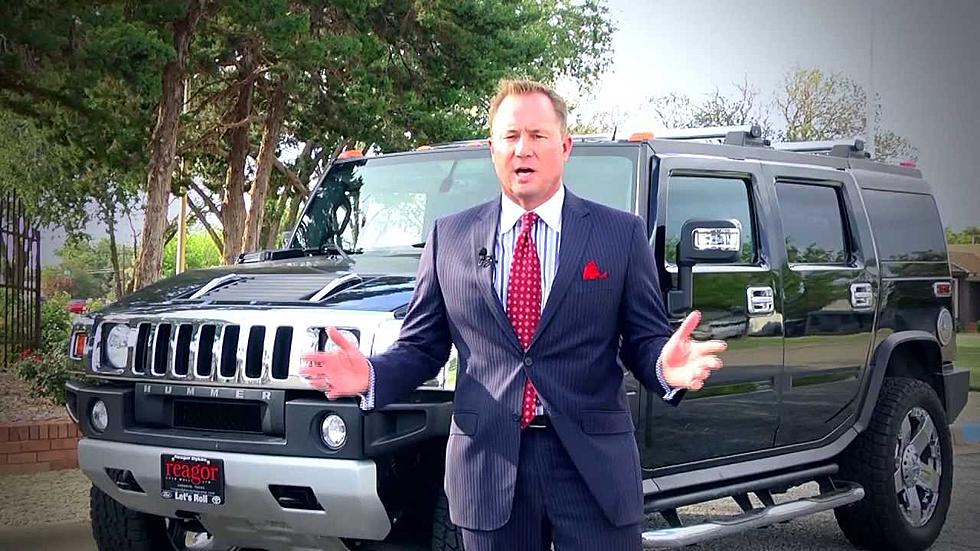
New Vehicle Fuel Economy Standards Poor Excuse for Financial and Ecological Benefit
In a press conference this afternoon, President Barack Obama announced new Corporate Average Fuel Economy, or CAFÉ standards to force automakers to improve the average fuel consumption of their vehicles.
Auto manufacturers will be required to meet a fuel economy rating of 54.5 mpg corporate average by 2025. Most large automakers came out in support of this new standard.
In his speech earlier, President Obama said "At the same time, it’s also true that there is no quick fix to the problem. There’s no silver bullet here. But there are steps we can take now that will help us become more energy independent. There are steps we can take that will save families money at the pump, that will make our economy more secure, and that will help innovative companies all across America generate new products and new technologies and new jobs."
Then he later said "But while we’re at it, we need to get rid of, I think, the $4 billion in subsidies we provide to oil and gas companies every year at a time when they’re earning near-record profits, and put that money toward clean energy research, which would really make a big difference."
What you won't hear Obama discuss is that while oil companies are doing fine, federal taxes per gallon of gas are at slightly over 18 cents per gallon, and state excise and other taxes running up the cost here in Texas another 40 cents are so. It's also a sure bet that you will never hear this current administration call for a reduction on fuel taxes to help out the American motorist.
So, to fill up a 21 gallon tank, you're paying around $12 in various taxes. Fill it up once a week, and you're paying an extra $624 dollars per year in fuel costs.
Obama does indeed fail to mention the link between private innovation and having the funds to do the research and development that leads to new developments.
I'm all for new innovation for efficiency, but it should be initiated by companies who want to capture that market rather than through strict government regulation. If there's a market for it, someone will make it. Also, placing the entire blame on high cost on the oil and gas companies and restricting their earnings could backfire, as we have to look to these energy companies to begin working on developments such as hydrogen power, which I firmly believe will be the most fruitful endeavor both ecologically and financially for the auto world.
What this sort of forced regulation does across the globe is force the specialized automaker to churn out garbage, such as the Aston Martin Cygnet, which was developed due to increasingly strict European fuel economy standards.
It's actually a Toyota IQ rebadged with new logos and a higher price.
While Ford, BMW, Toyota, and others have endorsed the new CAFE standards, one notable company has disagreed with the President’s new benchmarks.
Volkswagen Executive Vice President of Communications Tony Cervone just issued a statement shortly after the President’s address, saying:
"The Volkswagen Group is a global leader in fuel efficiency and associated technologies, and we are committed to the ongoing negotiations with the White House on reaching maximum achievable fuel economy/GHG reduction standards.
Volkswagen does not endorse the proposal under discussion. It places an unfairly high burden on passenger cars, while allowing special compliance flexibility for heavier light trucks. Passenger cars would be required to achieve 5% annual improvements, and light trucks 3.5% annual improvements. The largest trucks carry almost no burden for the 2017-2020 timeframe, and are granted numerous ways to mathematically meet targets in the outlying years without significant real-world gains.
The proposal encourages manufacturers and customers to shift toward larger, less efficient vehicles, defeating the goal of reduced greenhouse gas emissions.
Volkswagen Group clean diesel products are among the most fuel efficient vehicles on the road today. Our new mid-size Passat TDI, built here in the US in Chattanooga, TN, achieves 43 mpg highway and can travel almost 800 miles on a single tank of fuel. If one-third of the vehicles on the road today were clean diesel, the US would save 1.4 million barrels of oil a day. Yet there is no consideration in the current proposal for the positive impact clean diesels can have on fuel consumption here in the US.
We look forward to continuing our discussions with the White House to achieve the "one nation standard” that is fair and equitable."
I do not agree with VW's reasoning behind their argument, because the most fair and equitable outcome would be to let the motor companies continue their work toward more efficient vehicles due to demand, rather than being held hostage by forever-increasing government regulation.
I do however, respect the fact that rather than gritting their teeth and issuing a half-hearted support statement toward these new standards, they at least had the gumption to give their thoughts on the true effects of these regulations.
If the government were truly concerned about the well-being of the consumer, then they would begin to cut a myriad of programs consuming our tax dollars, giving the citizens a break come April. In the statist administrator's mind though, the money saved at the gas pump will simply be more for us to render unto the government.
More From News/Talk 95.1 & 790 KFYO









